The 10 hidden home improvement costs you need to budget for, warn property experts
Before you embark on any new year renovations or building work, beware of these unexpected home improvement costs you might not have budgeted for
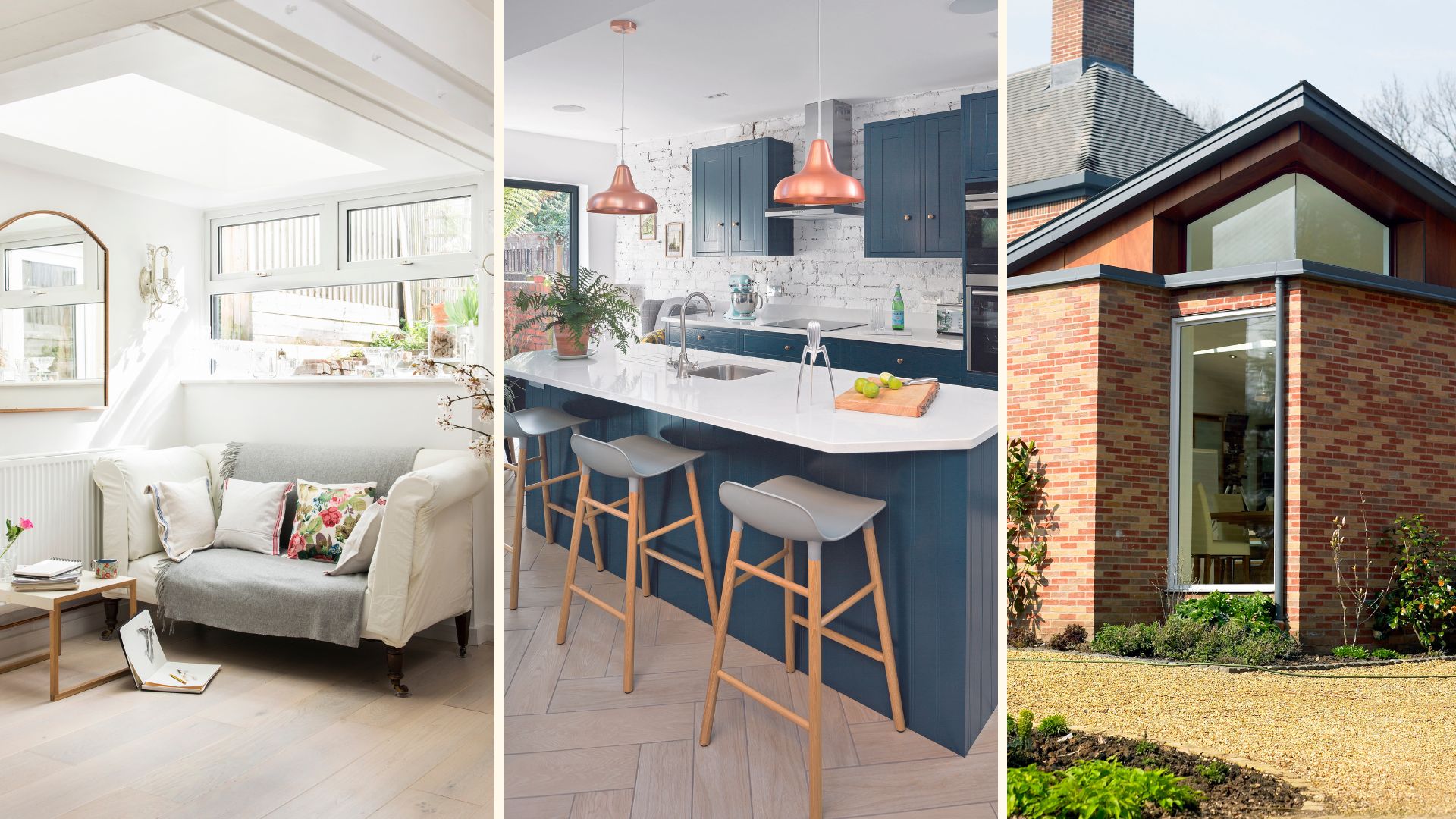

With the price of building supplies such as concrete, timber and bricks skyrocketing in the past few years, home improvements are expensive enough these days. So when you're hit with unexpected home improvement costs, it can tip budgets – not to mention homeowners – over the edge.
Aside from the fact certain home improvements won't add value, it's all too easy to be caught out by extra bills that seemly come out of the blue to make any renovations feel even more risky.
"Home renovation can be such an exciting journey but also difficult to navigate," says Lily Struthers of Bear House Build and Roofing, a member of Checkatrade. "There are things people often miss when considering renovation budget calculations – the main culprits being rewiring, plumbing adjustments and replastering costs."
Don't get caught out by these hidden home improvement costs
So that you can budget for your next project without any nasty surprises, we've asked some home improvement experts to flag any costs you might not foresee. That way, you can make sure there's enough cash available to complete the job – and keep your cool in the process.
1. Planning fees
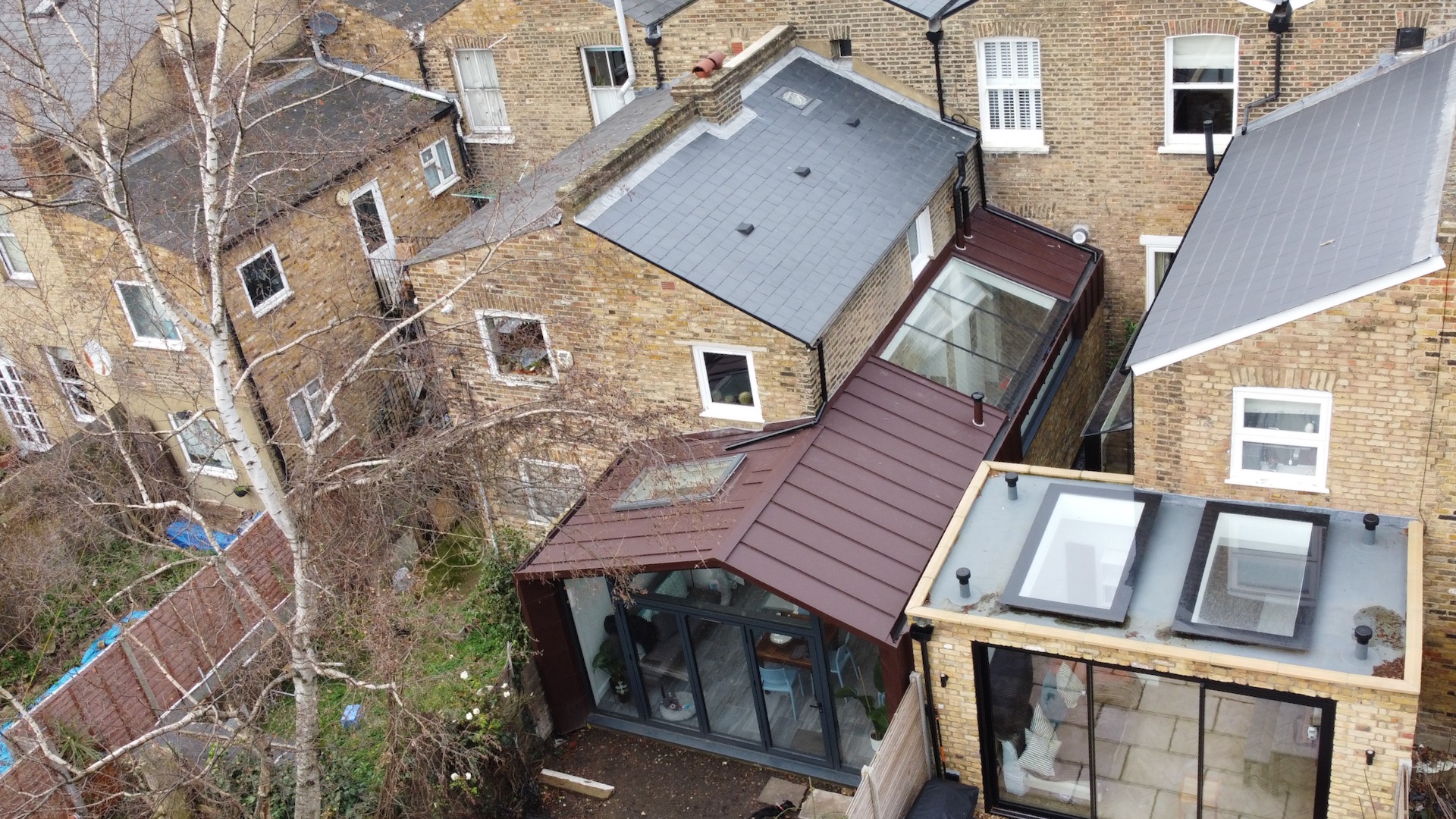
"I always tell my customers that planning permission fees and building regulation fees are most important to factor in, especially as planning permission is not always granted straight away," says Lily. "And the biggest problem of all is if you are planning on remaining in the home whilst renovations are being carried out and will you need to consider renting costs for your family during this time."
According to Checkatrade, costs for submitting a planning permission application are £624 per dwelling house. A full planning permission application for alterations or extensions to a single dwelling house or a flat is £258.
'You may not need to pay for planning permission if your extension is small enough to meet the definition of ‘permitted development’," adds Tim Phillips, senior quantity surveyor at HiiGuru. He advises that you should always check with your local authority prior to any work, so as not to incur any unforeseen cost.
Sign up to our free daily email for the latest royal and entertainment news, interesting opinion, expert advice on styling and beauty trends, and no-nonsense guides to the health and wellness questions you want answered.
"If you can use permitted development rights, it is still advisable to apply for a certificate of lawful development as this proves the extension is legal," Tim continues. "These will cost 50% of the relevant planning application fee for the extension, so £103 in England."
"Permitted development rights also allow for ‘larger rear extensions’ to be built without planning permission," he adds. "But you will still need to obtain prior approval from your local authority at a cost of around £100."

Tim has nearly 30 years of experience as a senior quantity surveyor and estimator, with extensive experience across corporate, public and private sectors, successfully managing budgets in excess of £25m.
2. Survey fees
The next fees to put on your list – for surveys – will depend largely on where your home is located, be it a conservation area, a woodland or a flood plain.
"If you require planning permission, your local authority can insist on a range of additional surveys depending on your particular home," reveals Tim. "You may need a tree survey (showing any root protection zones) which costs from £250 onwards, or an ecological survey such as a bat survey, which costs from £400 onwards."
"If your home happens to be within a flood zone, then the planning authority can also require a flood risk assessment at a cost of around £350. Those living in areas of archaeological interest can also face additional report requests such as soil investigation reports, which start at around £1,500 for a single dwelling. This can rise to thousands if on-site observation is required."
Also, consider the garden laws you could be breaking unknowingly because these could result in hefty fines.
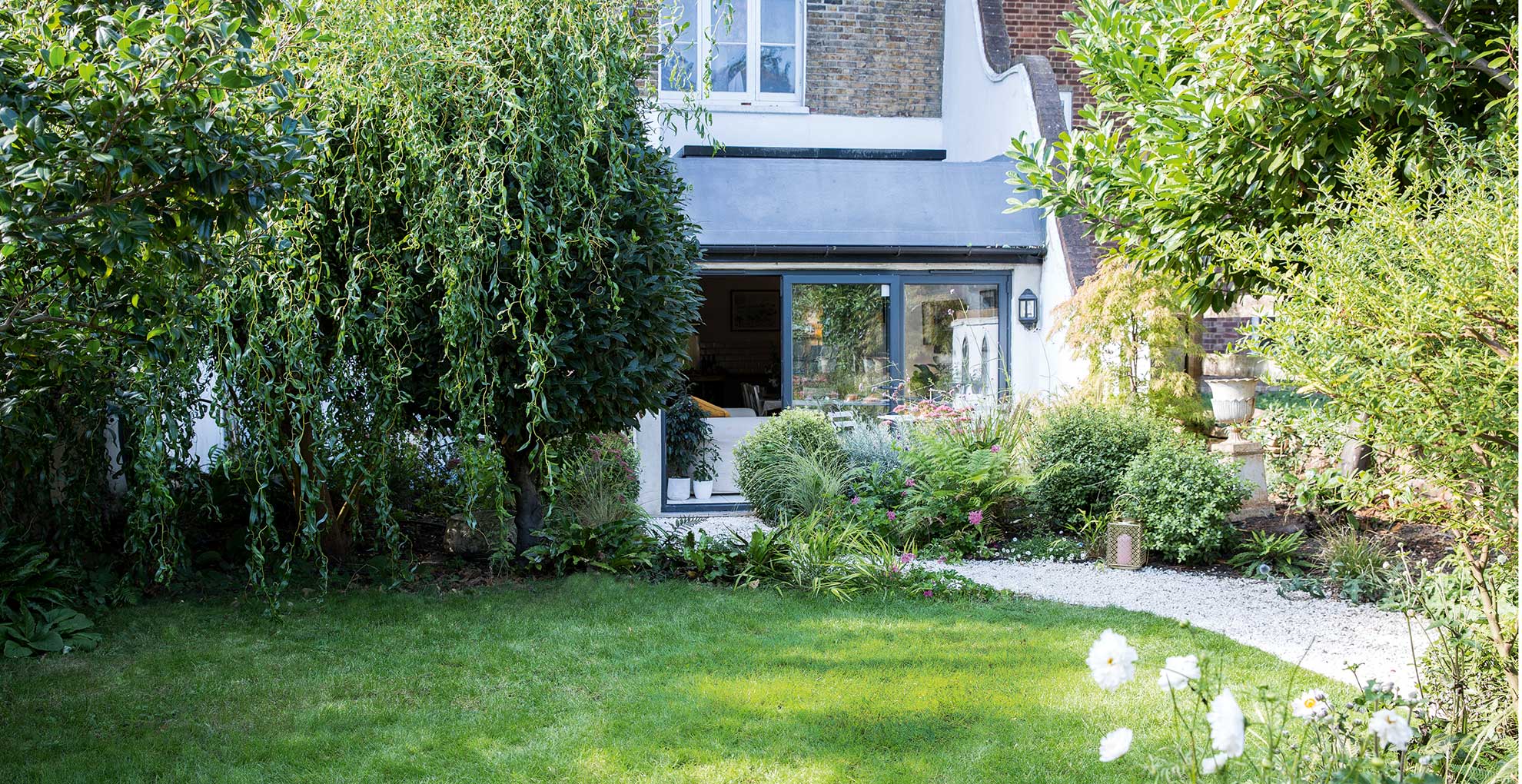
3. Building regulation fees
Building regulations approval will be required to ensure that the minimum design and construction standards are complied with, such as energy performance, electric and gas safety, drainage, and structural integrity.
"The cost will vary according to local authority fee rates, the nature and size of the project and the number of visits required," says Tim.
Most local authorities have an online fee calculator that will give you an estimate. According to Tim: "Fees will start from around £200."
Make any big interior design mistakes, and your costs will soar, as under building regulations, you'll be required to pay to put them right - usually within a set period of six months to a year.
4. Skip hire
One of the most common things to miss off any budget is the cost of skip hire. Many assume that your skip will come with your builder, but this isn't usually the case.
"A large skip can cost up to £400 per week in London and £280 to £350 in the rest of the UK," says Tim. "Skip hire costs usually include the licence fee to place the skip on a highway, but in larger cities, it may be impossible to use the highway and your property may have insufficient space to accommodate it."
If you need to place the skip in a residents' parking bay, you will need to pay for the space to be allocated to you. This cost will depend on the various local authorities. Make sure you check and budget accordingly as this can add hundreds of pounds depending on the duration required and your location.
5. Insurance
Tom Banks, home insurance expert at Go.Compare, recommends that you should always budget for the right insurance when planning any home improvement project.
"As the price of an insurance policy is comparatively low, ensuring you’re protected will prevent your dream home project from turning into an expensive nightmare," he says. It may seem like an additional expense, but it will prevent things from getting even worse in the long run to add to the expense of an already costly bathroom design mistake for instance.
"Critically, don’t assume your works will already be covered under an existing policy," Tom continues. "The majority of standard home insurance policies don’t allow for renovation work. So if something goes wrong and you haven't got the right cover, you could find yourself facing some hefty bills. You must contact your insurer before building work starts to find out whether your policy includes renovation work. If it doesn’t, ask what you’ll need to get covered while the building project takes place."
"Plus, failing to inform your insurer about your renovation work could invalidate the terms of your policy, which means you wouldn’t be able to make a claim anyway,' adds Tom. If your works are relatively minor, your current policy may cover you but it’s always best to check."
If you do need extra cover, Tim Phillips recommends Protek, a specialist self-build insurance provider. "They can provide you with both site insurance and structural warranty insurance," he says. "These are important considerations for anyone carrying out a self-build or renovation. Cover for new build, renovation, extension, and conversion projects are their speciality."
"You may be building or remodelling using builders, trades or as part of a self-build, custom build, or DIY renovation project," Tim adds. "Irrespective of your chosen route, they will have product solutions available."
6. Party wall agreements
If you share an adjoining wall with a neighbour, then you will most certainly require a Party Wall Agreement. This is a requirement of the Party Wall Act 1996, which protects both you and your neighbour when building work on said wall takes place.
The costs can vary wildly depending on who you engage, and whether your neighbours are happy to use your party wall specialist or want to employ their own, which is their right. This could leave you paying their extra fees.
"By way of example, there are Party Wall specialists who can offer the complete service for fees of around £1,250," says Tim. "This includes drafting the Party Wall Award, Party Wall Notices and Schedule of Condition and full management of the process."
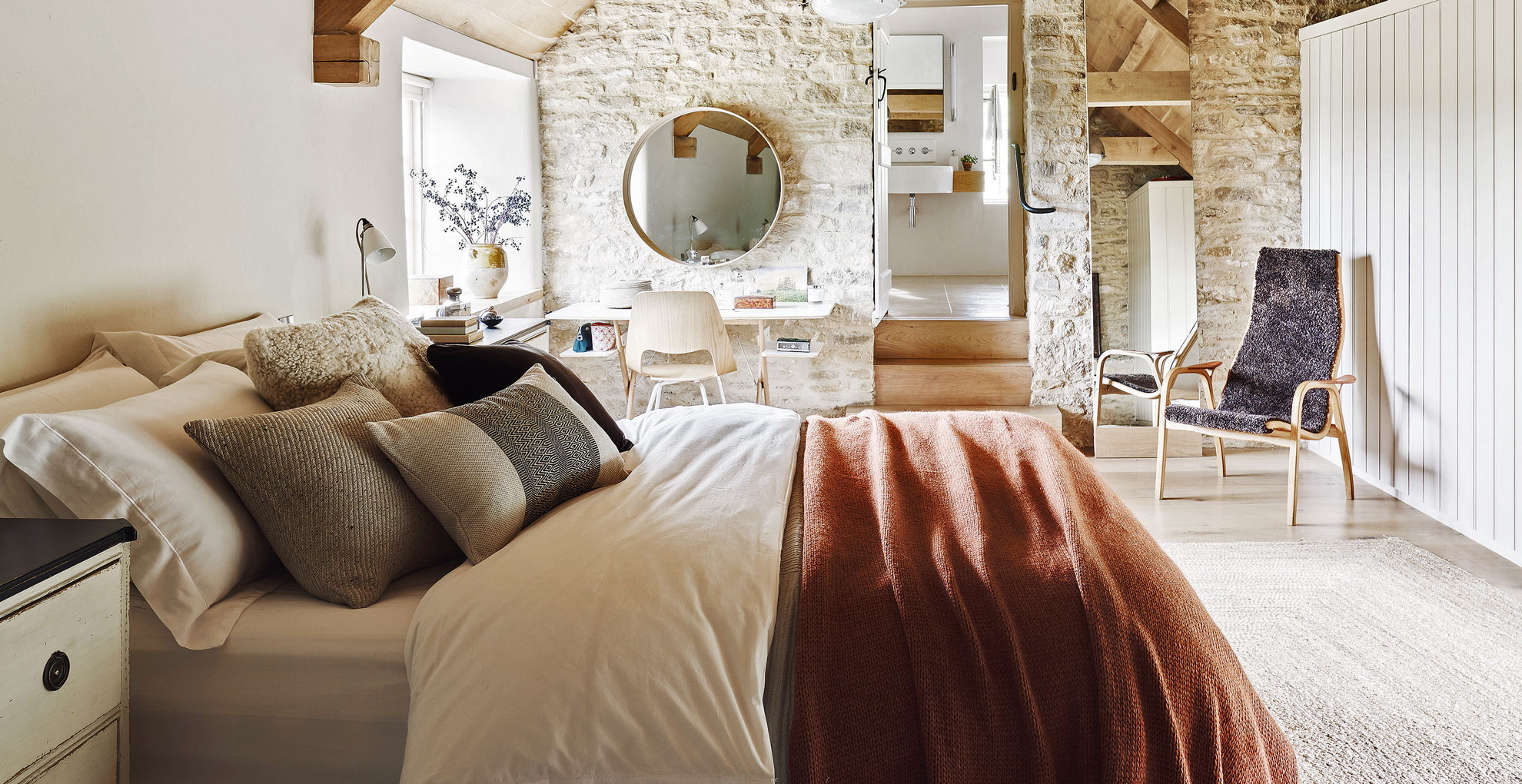
7. Internal carpentry
There's always a risk that building work, no matter how minor or how careful your trades are, can cause damage to woodwork and floors. Doors may need to be removed for access, or skirting taken off for replastering, leaving you with repairs to be made.
HiiGuru estimates that, based on a carpenter at £18-25 an hour, the cost of rehanging a door would be around £20. With labour included, the price of replacing skirting boards could be between £5 and £15 per linear m.
"Flooring materials and labour costs vary widely," says Tim, speaking of the current flooring trends. "For example, laminate flooring might cost £10 to £30 per sq m for materials and installation. Hardwood or engineered wood flooring or stone e.g., limestone, travertine could be £40 to £120 per sq m."
8. Heating and rewiring
As unexpected home renovation costs go, those related to your gas or electricity supply can often be the biggest. Don't let keeping your house warm be the reason you overspend on a project.
"A new gas supply comes with an average cost of £1,500," says Lily Struthers. "A new heating system has an average cost of £5,500, and rewiring the whole house could come in at around £5,750."
These jobs can also be extremely disruptive. Rewiring can often mean that replastering is then required – at a cost of £1,100 for a small room, according to Checkatrade.
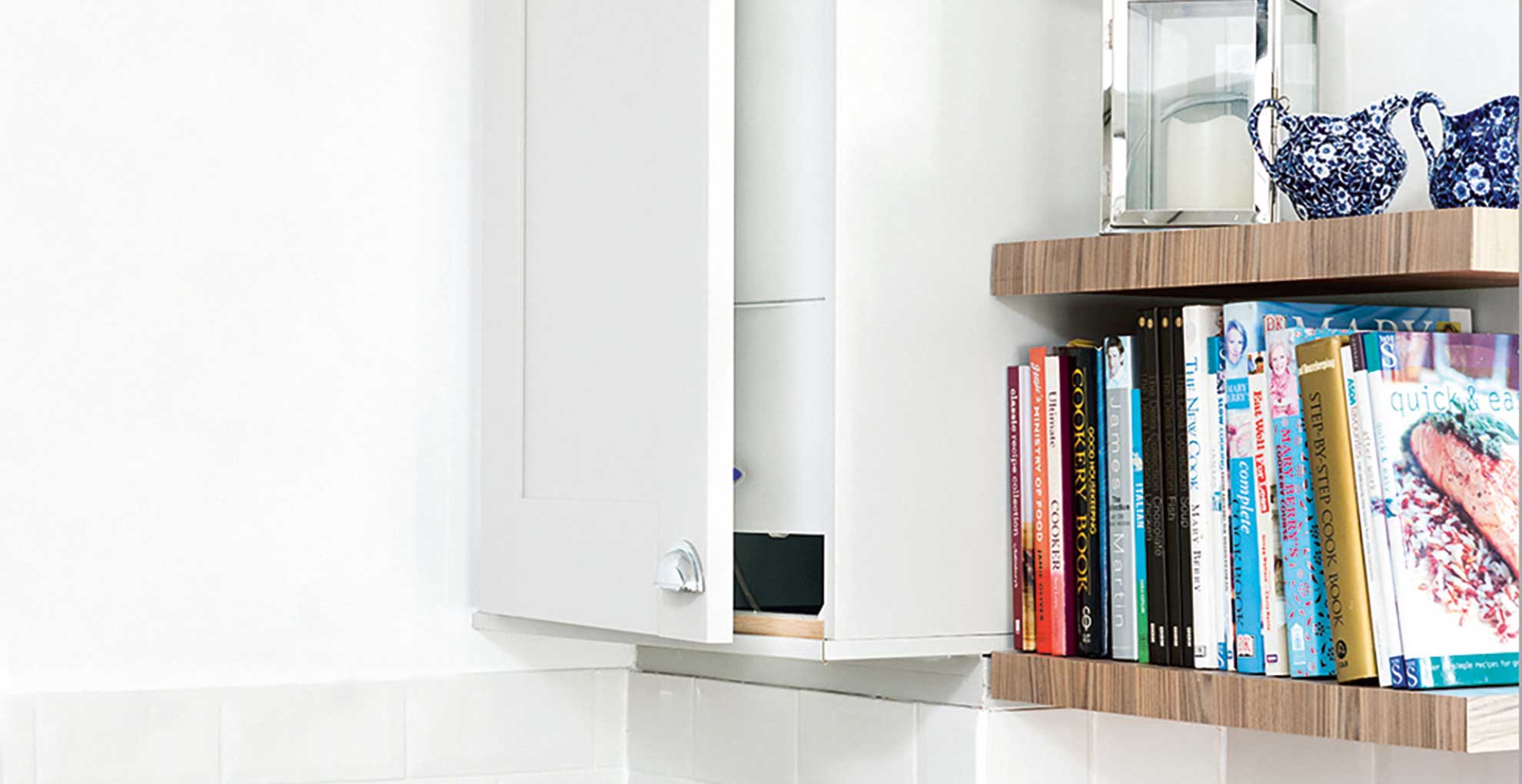
9. Touching up paintwork
Like damage to woodwork, paintwork touch-ups might be required if work from one part of the house overspills into other rooms. "The cost of this will depend on the area to be painted, the type of paint, and whether any surface preparation is needed," says Tim.
"On average, professional painters charge around £100 to £200 per day, and paint costs can range from £20 to £50 per gallon." Especially when following the latest interior paint trends from big-named paint brands.
Tim suggests: "Try and insist on the protection of walls and floors, especially between individual trades, to cut down potential costs."
Another top tip where painting is concerned – if you are renovating your house to sell, try not to pick a paint colour that might devalue your home.
10. Repairing the garden
If you're considering major work, such as a kitchen extension, there's no escaping the fact that your well-tended garden trends are likely to suffer. As your trades come and go armed with tools and materials, a manicured lawn can quickly become a quagmire. To fix it, you'll need to lay down yet more cash.
"Basic landscaping might start from £1,000, while more extensive projects can go beyond £5,000," says Tim. "Insist your builder protects as much of your patio, decking and lawn area as they can when they are carrying out the works to keep costs down."
Also, be aware of having to clean the patio or clean the decking after the work has been carried out.

FAQ
What is the most expensive part of renovation?
In total, Checkatrade estimates that renovating a 3-bed house will cost between £76,900 and £138,800. Of that, the biggest costs will be for materials and labour.
Where unexpected home renovation costs are concerned, it really does depend on the project. Ordering glazing to the wrong dimensions, or having to move a boiler or drain, are examples of setbacks that could cost you thousands.
Unanticipated rewiring can be the most costly of all, as it's expensive, can require money to be spent on replastering and may disrupt other work. But in general, fees are likely to be your biggest 'surprise' outlay.
How can make sure I don't miss out any costs?
Our list should give you a good grounding on how to expect the unexpected, but it's almost impossible to anticipate every single bill.
"My advice would be to have what you suspect you’ll need, then include an extra contingency of 15 to 20 per cent," advises Steve Bromberg, managing director at Express Bi-Folding Doors. "There are so many factors to take into account – such as the type of house you live in, your neighbours if you might have to stay somewhere whilst work is done, and where you live. Some homes near woodland might even require a “bat survey”."

Amy is a PPA award-winning Digital Editor who has been working in the wonderful world of interiors for over 16 years. She has worked on titles including Inside Readers’ Homes, Inspirations for Your Home, Country House & Home and 25 Beautiful Kitchens magazine. After a stint on Beautiful Homes, she joined Ideal Home in 2010 as a Consumer Editor, then Technology Editor where she was better known as 'Girl About Tech' to prove her credentials as a product expert before landing the role of Digital Editor of Ideal Home in 2017.
Amy now works freelance across leading world-renowned Homes & interior titles such as Homes & Gardens, Real Homes and Ideal Home.